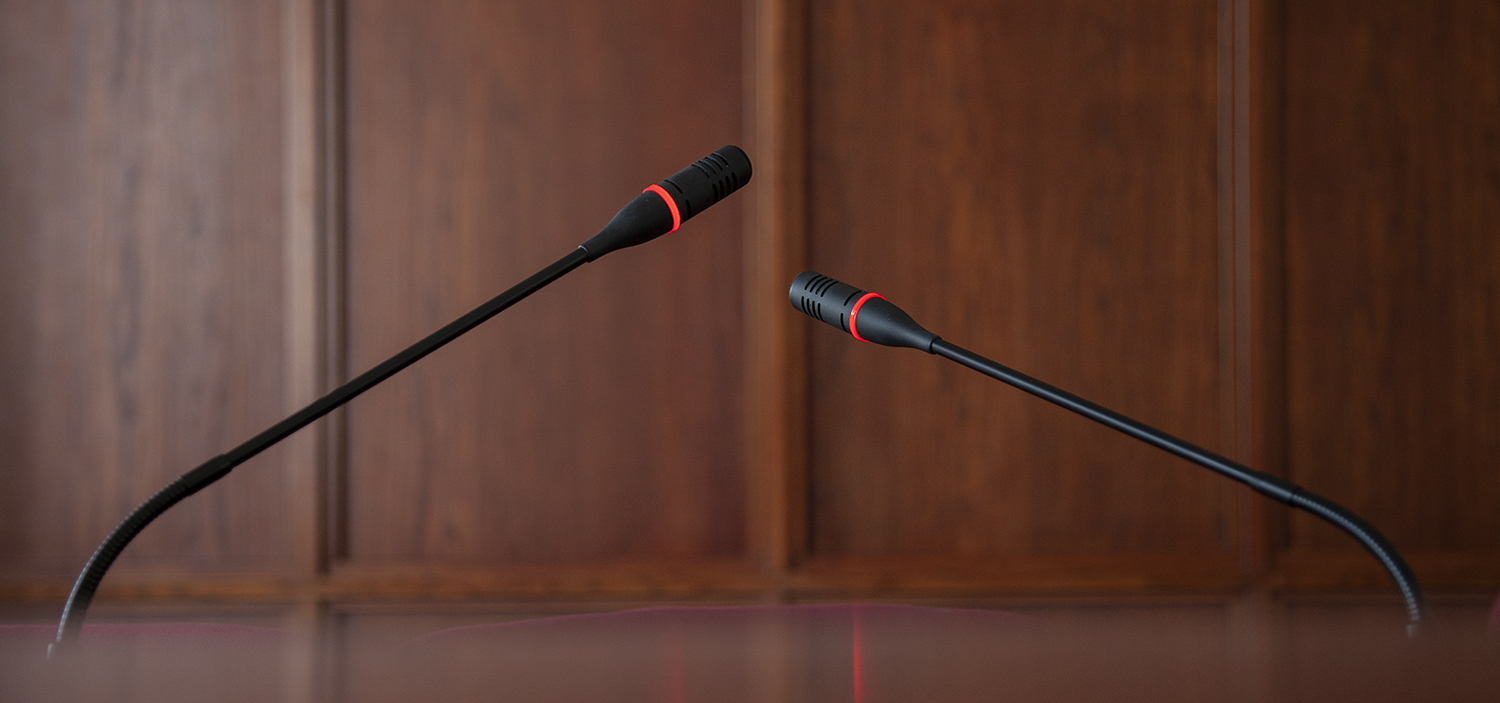
The Kosovar law students excelling internationally
Despite conditions, UP students gain international reputation.
This year, the students from UP finished in the top 15% of the 380 entries, leaving behind prestigious universities such as Yale, Harvard, Duke, Columbia, Stanford...
Rexha and Sadiku highlight that the faculty is crying out for new initiatives, approaches and teaching methods.
“I just hope that the support will continue to grow, both from the university and from the institutions."
Donika Qerimi, supervisor for UP's VIS Moot team
Nerina Guri
Nerina Guri is a former K2.0 staff journalist, mainly covering culture. Nerina has a master’s degree in Gender, Development and Globalisation from the London School of Economics and Political Science in UK.
This story was originally written in English.